How to Meditate for Overcoming Fear and Insecurity takes center stage in this comprehensive guide, delving into the intricacies of meditation techniques to conquer fear and insecurity. Readers are invited to explore a world of mental well-being and emotional stability through the art of meditation.
This guide offers insights into the root causes of fear and insecurity, techniques for meditating effectively, tips for creating a conducive meditation space, and the transformative power of affirmations and mantras.
Introduction to Meditation for Overcoming Fear and Insecurity
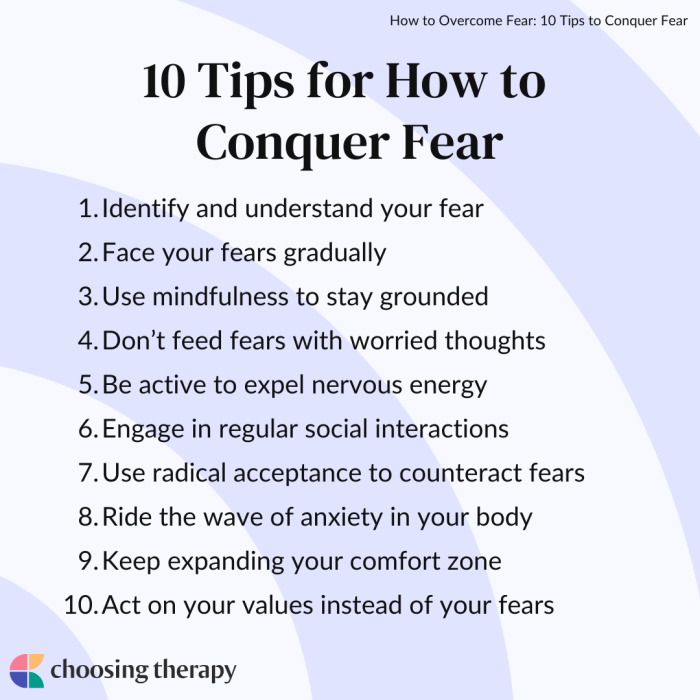
Meditation is a practice that involves focusing your mind and eliminating the clutter of thoughts to achieve a state of clarity and inner peace. It has numerous benefits for mental well-being, including reducing stress, anxiety, and improving overall emotional health.
When it comes to managing fear and insecurity, meditation can be a powerful tool. By training your mind to stay present and grounded in the moment, you can learn to observe your fears without letting them overwhelm you. This can help in developing a sense of control over your emotions and reactions, reducing the impact of fear and insecurity on your daily life.
Importance of Regular Meditation Practice for Emotional Stability, How to Meditate for Overcoming Fear and Insecurity
- Meditation helps in calming the mind and reducing the intensity of negative emotions like fear and insecurity.
- Regular practice of meditation can rewire the brain and improve emotional regulation, making you more resilient in the face of challenges.
- By cultivating mindfulness through meditation, you can develop a greater sense of self-awareness and self-compassion, which are essential for overcoming fear and insecurity.
Understanding Fear and Insecurity: How To Meditate For Overcoming Fear And Insecurity
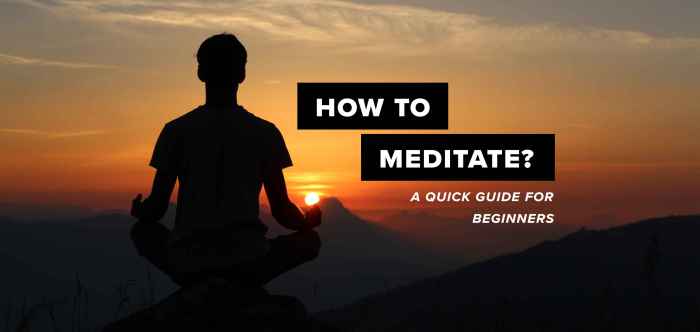
Fear and insecurity are common emotions that can have a significant impact on our mental health and overall well-being. These feelings often stem from various root causes and can be triggered by specific situations or experiences in our lives.
Struggling with self-doubt? Dive into the world of meditation with How to Meditate for Overcoming Self-Doubt. Say goodbye to negativity and hello to inner peace!
Root Causes of Fear and Insecurity
- Past Trauma: Previous traumatic experiences such as abuse, neglect, or loss can contribute to feelings of fear and insecurity.
- Low Self-Esteem: Negative self-perception and lack of confidence can lead to heightened feelings of insecurity.
- Uncertainty: Facing the unknown or feeling out of control can trigger fear and insecurity.
Impact on Mental Health
- Fear and insecurity can manifest as anxiety, depression, or other mental health disorders if left unaddressed.
- These emotions can interfere with daily functioning, relationships, and overall quality of life.
- Chronic fear and insecurity may lead to a constant state of stress, impacting physical health as well.
Common Triggers of Fear and Insecurity
- Social Rejection: Fear of rejection or judgment from others can trigger feelings of insecurity.
- Failure: Fearing failure or making mistakes can lead to self-doubt and insecurity.
- Change: Facing new situations or significant life changes can evoke fear and insecurity due to uncertainty.
Techniques for Meditating to Overcome Fear and Insecurity
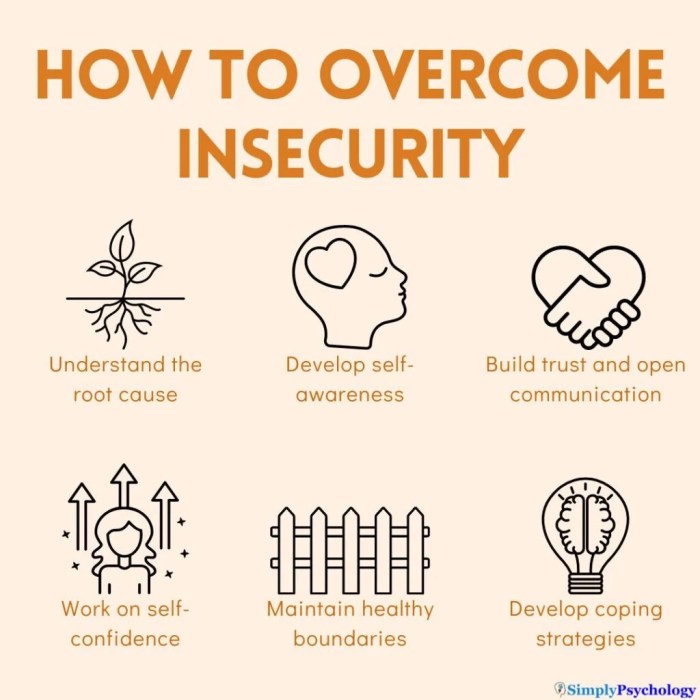
Meditation can be a powerful tool for addressing fear and insecurity. By practicing mindfulness, visualization, and breathwork, individuals can cultivate a sense of calm and confidence within themselves.
Mindfulness Meditation
Mindfulness meditation involves focusing on the present moment without judgment. This practice can help individuals become more aware of their thoughts and emotions, allowing them to observe fear and insecurity without becoming overwhelmed by them. By acknowledging these feelings without attachment, individuals can begin to let go of negative thought patterns and cultivate a sense of inner peace.
Feeling stressed out? Take a deep breath and check out these 6 Tips on How to Meditate to Relieve Tension. It’s like a mental massage for your brain!
Visualization Techniques
Visualization techniques involve creating mental images of oneself in a calm and secure state. By visualizing scenarios where one feels safe and confident, individuals can begin to rewire their brains to associate these feelings with security and stability. This practice can help reduce feelings of fear and insecurity by creating a sense of empowerment and control over one’s emotions.
Need to boost your performance at work? Look no further than this guide on How to Meditate for Better Performance at Work. Zen out and impress your boss with your newfound focus!
Breathwork
Breathwork is a technique that involves focusing on the breath to calm the mind and reduce anxiety. By taking slow, deep breaths and paying attention to the sensation of the breath moving in and out of the body, individuals can quiet the mind and relax the nervous system. This practice can help individuals regulate their emotions and create a sense of inner peace in the face of fear and insecurity.
Creating a Safe Space for Meditation
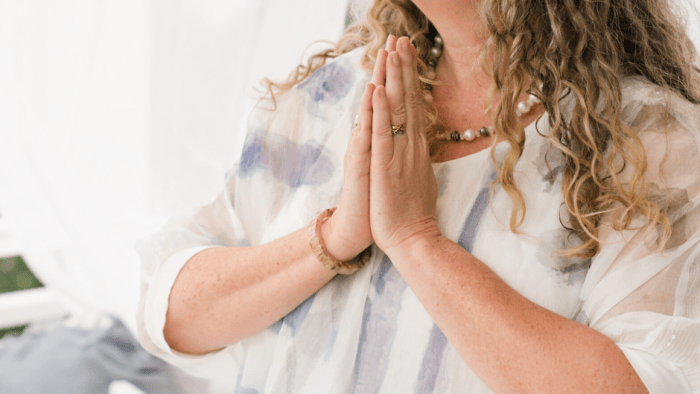
To fully benefit from meditation for overcoming fear and insecurity, it is crucial to create a safe and comfortable environment where you can practice mindfulness without distractions. This safe space will help you focus on your meditation practice and dive deep into your inner self.
Tips for Setting up a Comfortable Meditation Environment
- Find a quiet and peaceful spot where you won’t be disturbed.
- Use comfortable cushions or a chair to sit on during meditation.
- Add elements like candles, essential oils, or calming music to enhance the ambiance.
- Ensure proper lighting and ventilation in the room for a relaxing atmosphere.
- Keep your meditation space clutter-free and organized to promote a sense of calm.
Importance of Consistency in Meditation Practice
Consistency is key when it comes to meditation for overcoming fear and insecurity. Regular practice helps you build a strong foundation for managing your emotions and inner struggles effectively. By meditating consistently, you develop a sense of discipline and resilience that can support you in facing challenging situations with a clear mind.
Finding the Right Time and Duration for Meditation Sessions
- Choose a time of day when you are most relaxed and can dedicate uninterrupted time to meditation.
- Start with shorter sessions, such as 10-15 minutes, and gradually increase the duration as you become more comfortable with the practice.
- Experiment with different times of the day to see what works best for you, whether it’s in the morning, afternoon, or evening.
- Listen to your body and mind to determine the ideal length of meditation sessions that leave you feeling refreshed and centered.
Integrating Affirmations and Mantras
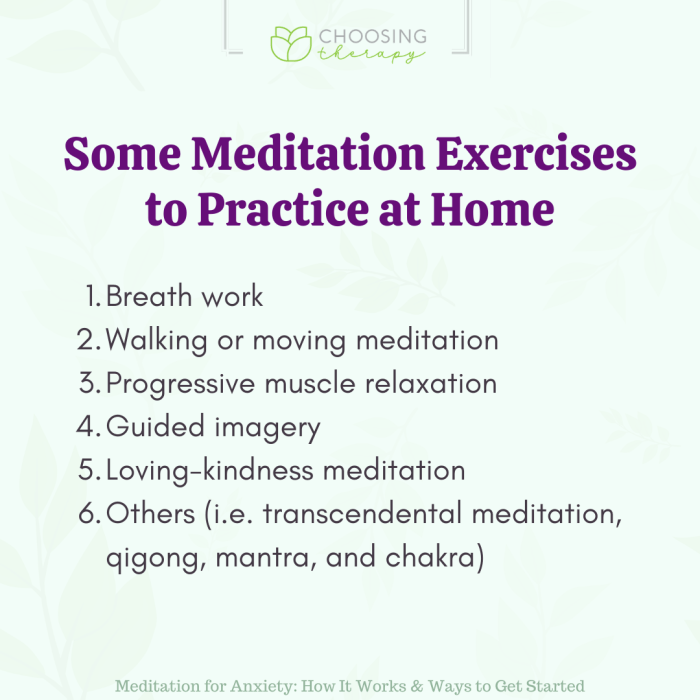
Positive affirmations and mantras are powerful tools that can help rewire the brain to overcome fear and insecurity. By consistently repeating these affirmations and mantras, you can shift negative thought patterns and boost your confidence levels.
Using Positive Affirmations
- Affirmations like “I am strong and capable” or “I trust in my abilities” can help build self-belief and reduce feelings of fear and insecurity.
- Repeating affirmations daily can create a positive mindset and reinforce a sense of inner strength and resilience.
- It is important to choose affirmations that resonate with you personally and reflect the qualities you wish to embody.
Harnessing the Power of Mantras
- Mantras are sacred sounds, words, or phrases that are repeated during meditation to focus the mind and cultivate positive energy.
- Mantras like “Om Shanti” (peace) or “I am enough” can help calm the mind and ease feelings of fear and insecurity.
- Regularly chanting mantras can create a sense of tranquility and inner peace, reducing the impact of negative thoughts.
Examples of Effective Affirmations and Mantras
-
“I release all fears and embrace my inner strength.”
-
“I am worthy of love and respect just as I am.”
-
“Om Gum Ganapatayei Namaha” (mantra for removing obstacles and instilling courage).
Embrace the journey towards inner peace and confidence as you harness the power of meditation to overcome fear and insecurity. With dedication and practice, you can cultivate a sense of calm and resilience in the face of life’s challenges.